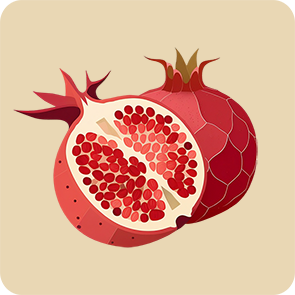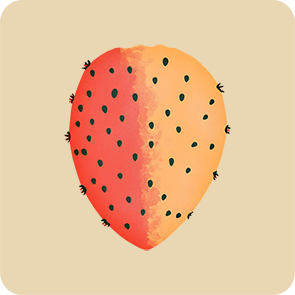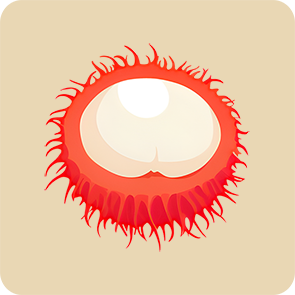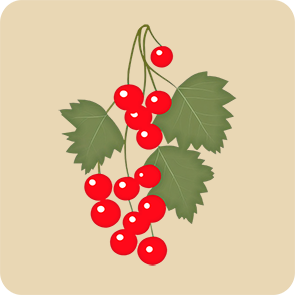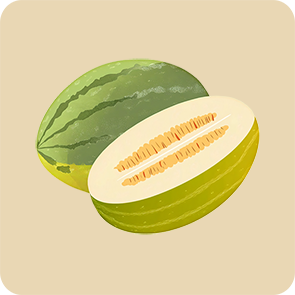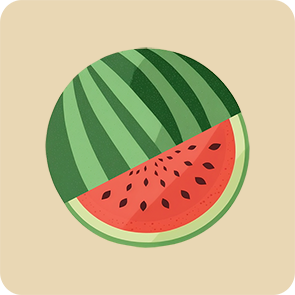
Jackfruit

Dragonfruit
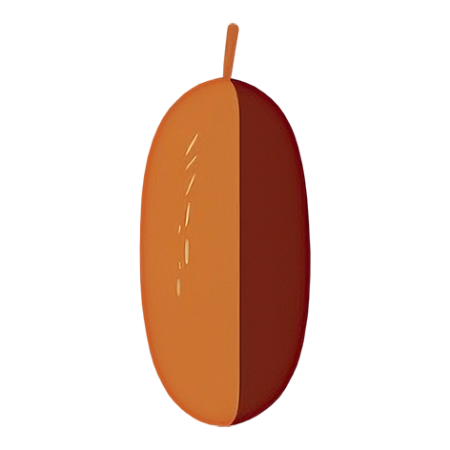
Date
Naturally sweet fruits often eaten as snacks or used in baking. Medjool dates are large, soft, and rich in sugars, fiber, and essential minerals.
65
1 large Medjool
(25 grams)
CAL
C
Nutri-Score
High in natural sugars and calories but also rich in fiber and important nutrients.
Value per 100 grams & per cup (150g):
225 kcal / 415 kcal
Protein
1.8 grams / 2.7 grams
Fats
0.2 grams / 0.3 grams
Carbohydrates
75 grams / 112 grams
Fiber
8.0 grams / 12 grams
Vitamins & Nutrients
- Potassium: Supports heart and muscle function.
- Magnesium: Essential for muscle and nerve function.
- Vitamin B6: Important for brain health and metabolism.
- Iron: Vital for oxygen transport and energy production.
Satiety and Feelings
Dates are naturally very sweet and provide an energy boost, making them a great option for a quick snack or post-workout recovery.
What does 100 g look like?
About 5 large Medjool dates or a 1/2 cup.
What does 2000/2500 calories look like?
About 35 dates.
Daily Value per 100 grams %
Did you know?
- Ancient Fruit: Dates have been cultivated for over 6,000 years in the Middle East and have been a staple food in many ancient cultures, often referred to as the “fruit of the desert.
- Dates come from the date palm tree (Phoenix dactylifera), native to the Middle East and North Africa. This tree thrives in desert climates and has been cultivated for thousands of years.
- High in Natural Sugars: Dates are rich in natural sugars, making them a great source of quick energy. They are often used as a natural sweetener in various dishes.
Drawback
High Caloric Density: While dates are nutrient-rich, they are also calorie-dense, which can lead to weight gain if consumed in excess.
High in Sugar: Although the sugar in dates is natural, it is still quite high, making them unsuitable for people managing blood sugar levels or those with diabetes.
May Cause Digestive Discomfort: Eating too many dates at once can cause digestive issues, including bloating or diarrhea, due to their high fiber content.




















































